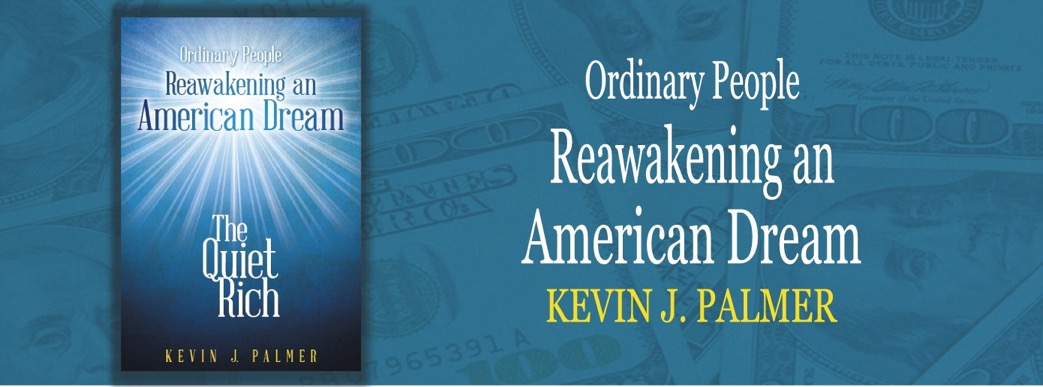
While on a cross-country flight, I met a man who turned idealism into financial reward in the most unlikely of places—high-rolling Las Vegas. (Continuing the Conversation…)
The way I see it, the way most people understand love and money is not uniform. These subjects are not taught in schools.”
“Good point. We learn these things some other way.”
Here is where our conversation turned to philosophy, and after a brief chat about humanity in general, my interest focused on Jack again, and I asked about more of his experiences in the wedding business.
Jack’s work ethic was one of perseverance for personal gain, and without the owner on site, he kept the chapel open twenty hours a day. Within a few months, he hired a staff person in order to increase the number of wedding ceremonies that could be performed. He spent his days juggling the roles of minister, administrator, and accountant. Cindy worked as the receptionist and witness. She had no salary—the business supported both of them through Jack’s regular modest draw to cover living expenses and to build savings.
Jack then told me how he visited hotels and booked their overflow weddings. When he kicked his salesmanship into top gear, Candlebright Chapel conducted thirty weddings a week. Over the next two years, the chapel was conducting three hundred fifty weddings every week!
Still wondering about the essence of the man sitting next to me, I asked, “I guess in Las Vegas you saw a lot of characters come through the chapel.”
He laughed humbly. “Willie Nelson and a few members of his band visited the chapel once. I was closing up later than normal and feeling fatigued when they arrived. While the others were preoccupied with the ceremony, I took time to make Willie feel right at home. We spent over an hour sharing our views on life, religion, and patriotism. Then Willie reached into his pocket and handed me a front-row ticket to his Vegas show.
“When I got there, all the assigned seats were taken, I was taken backstage to watch from there. Maybe Willie had made a mistake with the ticket, but I was shown a lot of courtesy, and being backstage was way better than being in the front row. I wasn’t disappointed. If I had been in a front row seat, I would only have watched and left. Being backstage, I got to talk to Willie one more time, and it was the most important conversation because it established our long-standing friendship—which is what all marriages should be, by the way. If Cindy was awake, she’d back me up on that.
“By that time, I’d been running the chapel for almost four years, and my boss bought another business. He gave me even more power to do what I wanted, so I negotiated a sublease with a 60–40 revenue split in our favor because I was doing all the work. Taking less money might have been a more polite choice, but I reasoned that if it was unfair, I’d know it, but by then I was confident that the business would yield an even greater return. I must have been doing something right. I experimented by taking some risks, like deciding to marry significantly more people on Valentine’s Day, the busiest day of the year for weddings. That was only a risk to our stamina. It wore us out but brought in a lot of revenue.
“I didn’t have all the answers, but I extended the daily hours of operation of the chapel when Cindy supported my gut feeling that late-hour weddings would appeal to our customer base. We started a limo company because it made economic sense for us to pay for that business expense rather than to contract with a transportation company. Candlebright was one of the first businesses to use toll-free numbers so customers could call us at no charge from any state in the USA.”
“It sounds like you two did a good job merchandising and being efficient.”
“Efficient? I asked casino owners to partner with us in promotions, and I put a handsome young man named Josh in a sandwich board in front of the courthouse to congratulate people going in to apply for marriage licenses. That’s efficient. Sometimes we failed—the sandwich board guy moved away—but he was really good at engaging the engaged! My philosophy has always been that focusing on keeping your job rather than doing your job is just standing still.” He took a sip from his water bottle and raised his eyebrows.
“Anyway,” he continued, “People kept falling in love and coming to me for the blessing while leaving their money behind. Then one day I woke up and realized that I’d made my first million. I always thought I might be a millionaire someday. It happened the month before my thirty-fifth birthday, only five years after I started!”
“Jack Thunder,” I said, “you make me think that making millions is easy.”
“No,” he said quickly, “making a million is about as easy as marriage itself. You start out with play—you take a chance—then you work at it until it feels like play again. With Cindy, it was love at first sight for both of us. For me, the wedding chapel job played with my constant curiosity about who was falling in love with whom. Then it got to be business, but I always remembered to give a silent blessing to each union as I took their check. Now that I’ve built a solid foundation on something that works, I can play again. And it’s great. Like a honeymoon every day.”
Read the complete success story in the book, The Quiet Rich: Ordinary People Reawakening an American Dream.
Kevin J. Palmer, Author
The Quiet Rich

